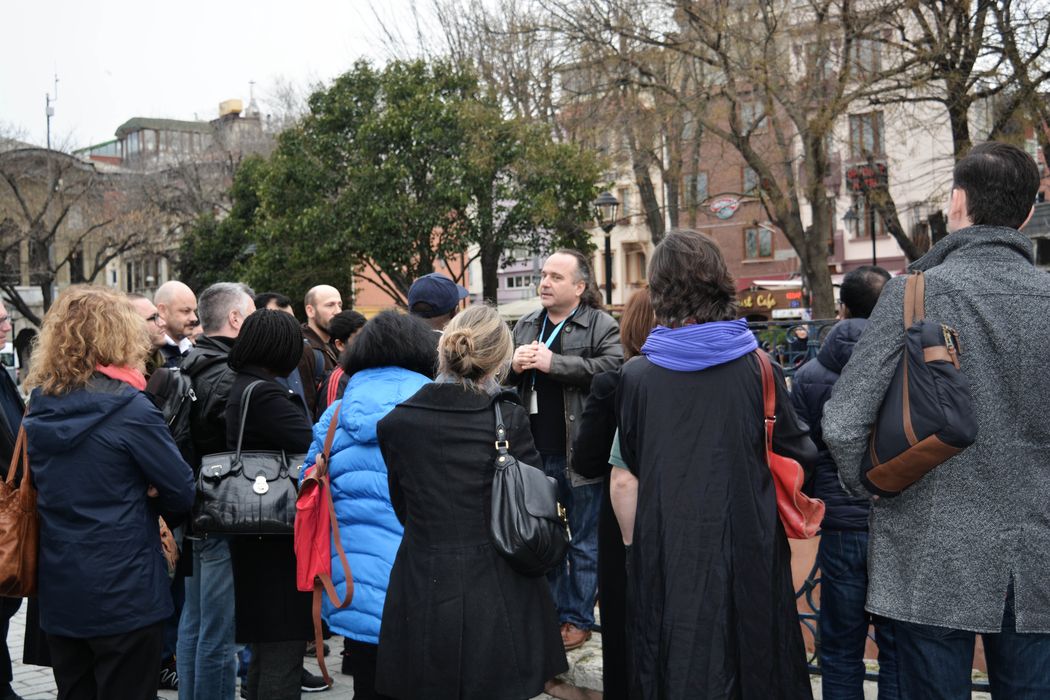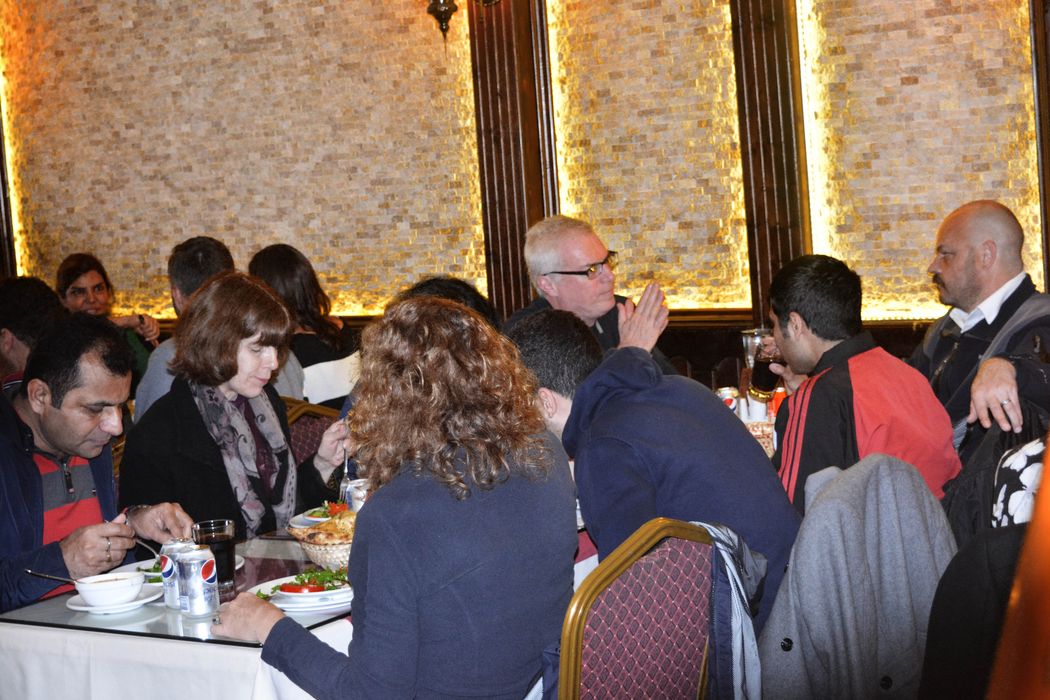Ibn Battuta judges the character of the people of Mali
The negroes possess some admirable qualities. They are seldom unjust, and have a greater abhorrence of injustice than any other people. Their sultan shows no mercy to anyone who is guilty of the least act of it. There is complete security in their country. Neither traveller nor inhabitant in it has anything to fear from robbers or men of violence.
They do not confiscate the property of any white man who dies in their country, even if it be uncounted wealth. On the contrary, they give it into the charge of some trustworthy person among the whites, until the rightful heir takes possession of it. They are careful to observe the hours of prayer, and assiduous in attending them in congregations, and in bringing up their children to them.
Their piety
On Fridays, if a man does not go early to the mosque, he cannot find a corner to pray in, on account of the crowd. It is a custom of theirs to send each man his boy [to the mosque] with his prayer-mat; the boy spreads it out for his master in a place befitting him [and remains on it] until he comes to the mosque. Their prayer-mats are made of the leaves of a tree resembling a date-palm, but without fruit.
Another of their good qualities is their habit of wearing clean white garments on Fridays. Even if a man has nothing but an old worn shirt, he washes it and cleans it, and wears it to the Friday service. Yet another is their zeal for learning the Koran by heart. They put their children in chains if they show any backwardness in memorizing it, and they are not set free until they have it by heart. I visited the qadi in his house on the day of the festival. His children were chained up, so I said to him, “Will you not let them loose?” He replied, “I shall not do so until they learn the Koran by heart.”
The nakedness of the women
Among their bad qualities are the following. The women servants, slave-girls, and young girls go about in front of everyone naked, without a stitch of clothing on them. Women go into the sultan’s presence naked and without coverings, and his daughters also go about naked. Then there is their custom of putting dust and ashes on their heads, as a mark of respect, and the grotesque ceremonies we have described when the poets recite their verses. Another reprehensible practice among many of them is the eating of carrion, dogs, and asses.
Read More about The Matron of Ephesus 1








